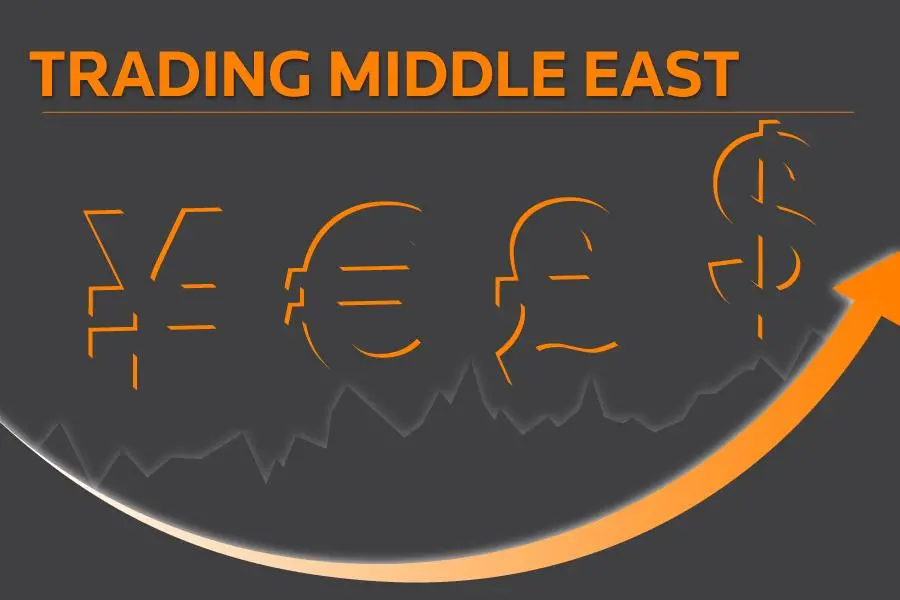PHOTO
The dollar slid to a 15-month low against the yen on Wednesday as investor nerves were strained ahead of a U.S. inflation report expected later in the day.
The greenback was 0.7 percent lower at 107.050 yen on Wednesday, its weakest level since November 2016.
Against a basket of six major currencies, the dollar index was down 0.3 percent on Wednesday after dropping nearly 0.6 percent overnight.
In stocks, MSCI’s broadest index of Asia-Pacific shares outside Japan rose 0.3 percent on Wednesday.
Asian shares were mostly mixed on Wednesday, as investors were cautious ahead of a U.S. inflation report.
In the Middle East, stock markets had mixed performances on Tuesday.
The Saudi index dropped 0.2 percent.
But Riyad Bank gained 0.7 percent after reporting a leap in quarterly profit to 974 million riyals ($259.67 million) from 293 million riyals a year ago, analysts polled by Reuters had on average predicted a profit of 732 million riyals.
Shabbir Malik of EFG Hermes told Trading Middle East by email on banking earnings in Saudi Arabia: “For the banks that have reported, earnings have surprised positively due to lower provisioning. Moreover, spreads have widened due to lower cost of funds. Looking ahead, an expansionary gov’t budget and higher rates should help drive revenue and earnings in 2018.”
The Dubai index added 0.8 percent as strong earnings by Emaar Malls and Aramex boosted the markets on Tuesday.
Emaar Malls reported a 27 percent gain in fourth-quarter net profit to 574 million dirhams ($156 million). SICO Bahrain had forecast 499 million dirhams.
Aramex reported a 25 percent rise in fourth-quarter net profit to 165 million dirhams, beating SICO Bahrain’s estimate of 115 million dirhams.
Abu Dhabi’s index lost 0.2 percent.
Malik said on banking earnings in the UAE: “Earnings were stable in 2017 as revenue growth was weak and provisioning rose marginally. Revenue growth should improve in 2018 as loan growth picks up and higher interest rates support spreads.”
In Egypt, the index dropped 1.1 percent, dragged down by Commercial International Bank which fell 3.4 percent to 73.00 pounds.
Qatar’s market was closed for a public holiday, Oman’s index edged up 0.02 percent, Kuwait’s index fell 0.6 percent, while Bahrain’s index added 0.4 percent.
In commodities, oil prices held steady on Wednesday.
U.S. West Texas Intermediate (WTI) crude futures were at $59.17 a barrel at 0123 GMT, down 2 cents from their last settlement. WTI was trading above $65 in early February.
Brent crude futures LCOc1 were at $62.77 per barrel, up 5 cents from their last close. Brent was above $70 a barrel earlier this month.
In its oil market monthly report KAMCO Research said: “We reiterate our view that oil prices are expected to remain range bound for the rest of the year given equal opposing forces. Apart from the ongoing production cut pact, we see a number of fragile factors that has kept total oil production at the current level, including OPEC producers like Venezuela, Nigeria and some gulf producers. That said, the sustainability of demand in 2018 would help lower some of the concerns relating to higher supply.”
Spot gold was up 0.4 percent at $1,327.52 per ounce by 1834 GMT as gold prices rose on a weaker dollar.
In other news, according to a statement from Egypt’s prime minister office on Tuesday, Egypt has issued long-awaited executive regulations that will allow the private sector to import natural gas directly.
For access to market moving insight, subscribe to the Trading Middle East newsletter by clicking here
Our Standards: The Thomson Reuters Trust Principles
Disclaimer: This article is provided for informational purposes only. The content does not provide tax, legal or investment advice or opinion regarding the suitability, value or profitability of any particular security, portfolio or investment strategy. Read our full disclaimer policy here.
© ZAWYA 2018





















